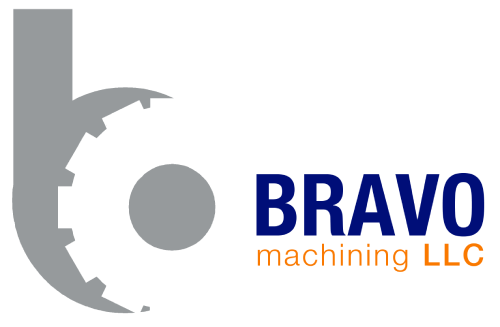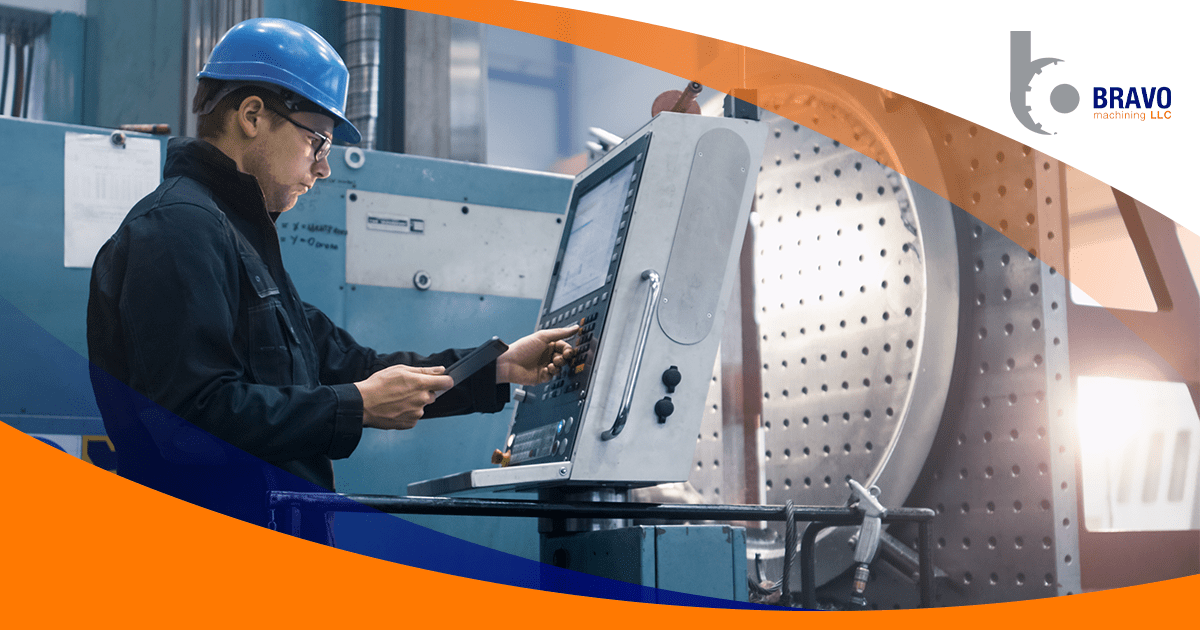As CNC machining becomes increasingly digitized and interconnected, the importance of security in CNC manufacturing cannot be overstated. Protecting sensitive data, preventing unauthorized access, and ensuring the integrity of the manufacturing process are critical for maintaining the trust and reliability of CNC operations. In this blog post, we will explore the key aspects of security in CNC manufacturing and the measures that can be taken to safeguard these systems.
Key Security Challenges in CNC Manufacturing:
- Cybersecurity Threats: With the rise of Industry 4.0 and the integration of IoT devices, CNC machines are becoming more connected, making them vulnerable to cyber-attacks. Malware, ransomware, and other cyber threats can disrupt operations, steal intellectual property, and cause significant financial losses.
- Unauthorized Access: Unauthorized access to CNC machines and control systems can lead to tampering with production parameters, resulting in defective parts and compromised product quality. Ensuring that only authorized personnel have access to critical systems is essential for maintaining security.
- Data Integrity: Ensuring the integrity of design files, toolpaths, and machine settings is crucial for producing accurate and reliable parts. Any alteration or corruption of these files can lead to costly errors and production delays.
Measures to Enhance Security in CNC Manufacturing:
- Network Security: Implementing robust network security measures is essential for protecting CNC systems from cyber threats. This includes using firewalls, intrusion detection systems, and secure communication protocols to prevent unauthorized access and monitor network activity.
- Access Control: Implementing strict access control measures ensures that only authorized personnel can access CNC machines and control systems. This can be achieved through the use of strong passwords, biometric authentication, and role-based access controls.
- Regular Software Updates: Keeping CNC machine software and control systems up to date is critical for protecting against vulnerabilities. Regular updates and patches ensure that any security flaws are addressed promptly, reducing the risk of cyber-attacks.
- Data Encryption: Encrypting sensitive data, such as design files and toolpaths, helps protect it from unauthorized access and tampering. Encryption ensures that even if data is intercepted, it cannot be read or altered without the proper decryption key.
- Employee Training: Training employees on security best practices and the importance of safeguarding CNC systems is essential for maintaining a secure manufacturing environment. Employees should be aware of potential security threats and know how to respond in case of a security breach.
Conclusion:
Security in CNC manufacturing is a critical aspect of modern production processes. As CNC machines become more interconnected and digitized, protecting these systems from cyber threats, unauthorized access, and data corruption is paramount. By implementing robust security measures, such as network security, access control, regular software updates, data encryption, and employee training, manufacturers can safeguard their CNC operations and ensure the integrity and reliability of their products. As technology continues to evolve, staying vigilant and proactive in addressing security challenges will be key to maintaining a secure and efficient CNC manufacturing environment.


